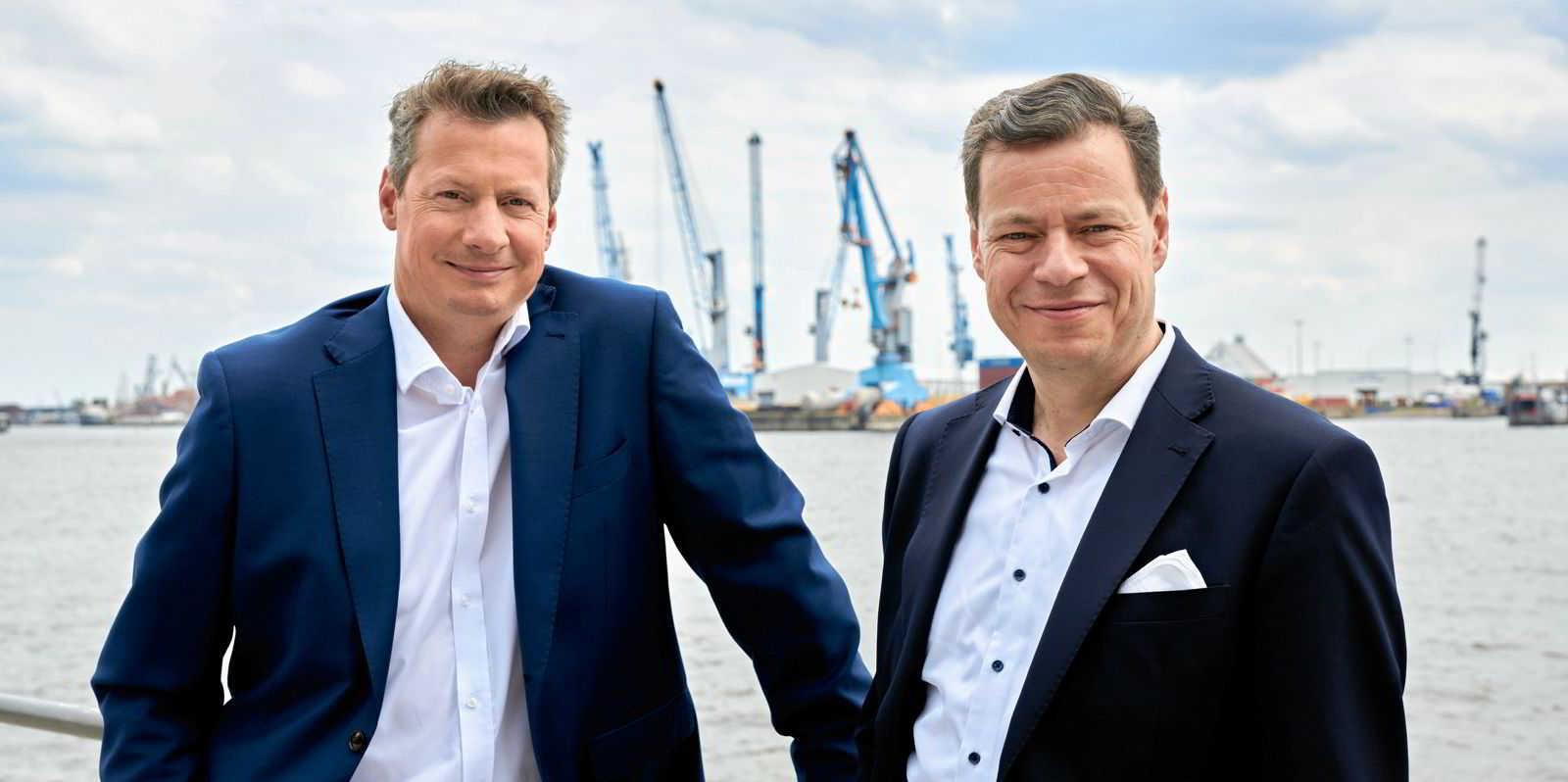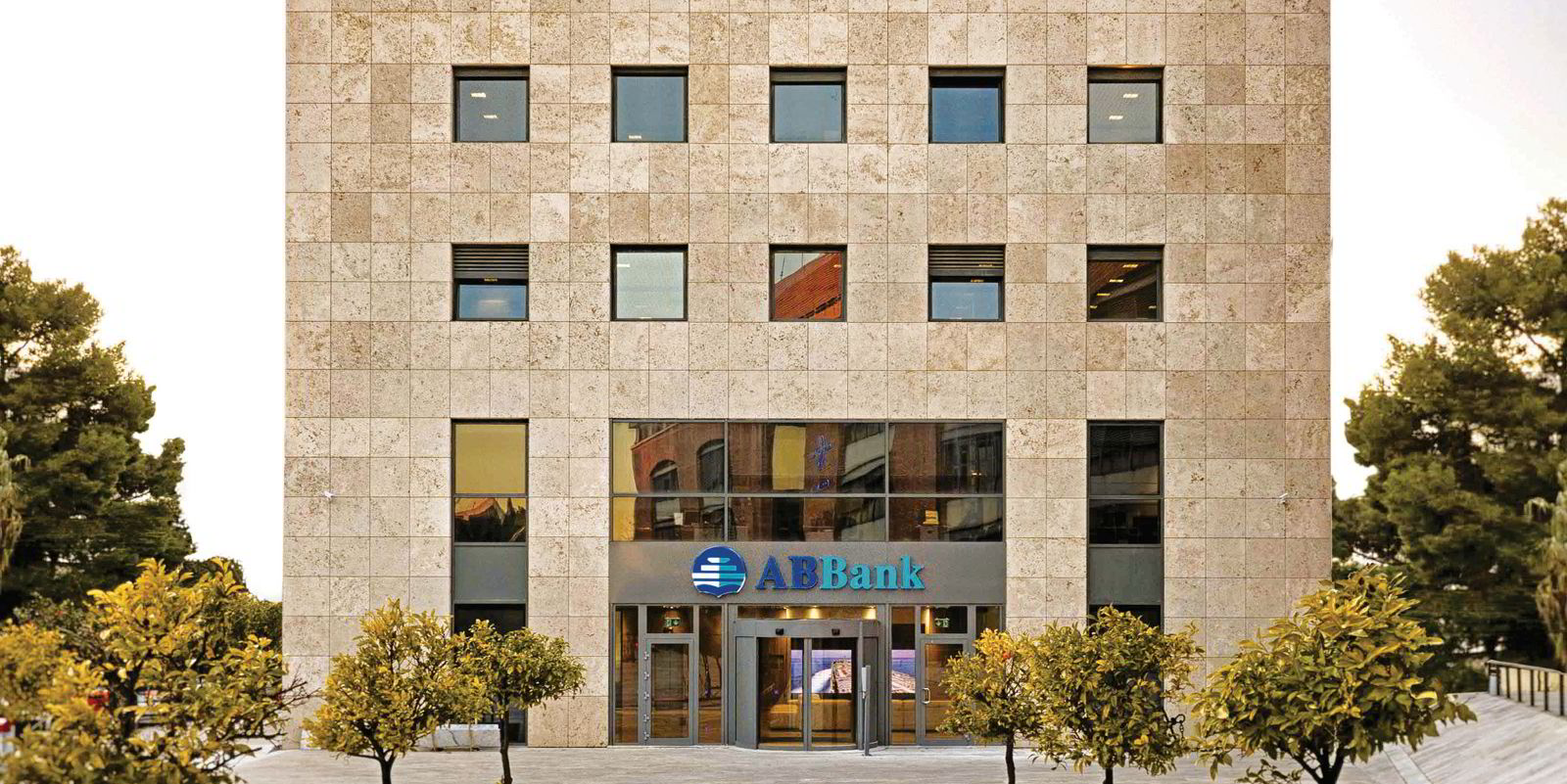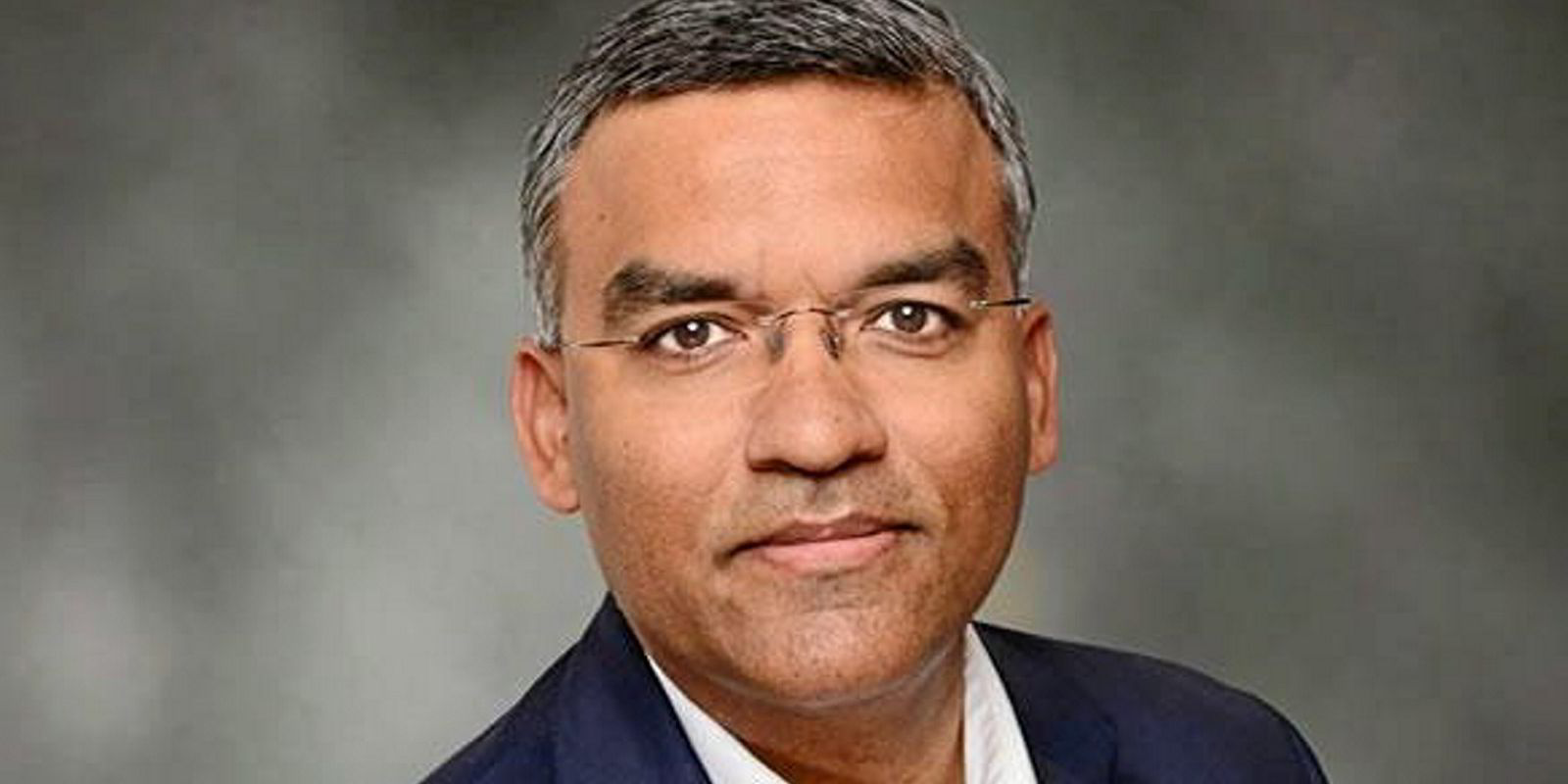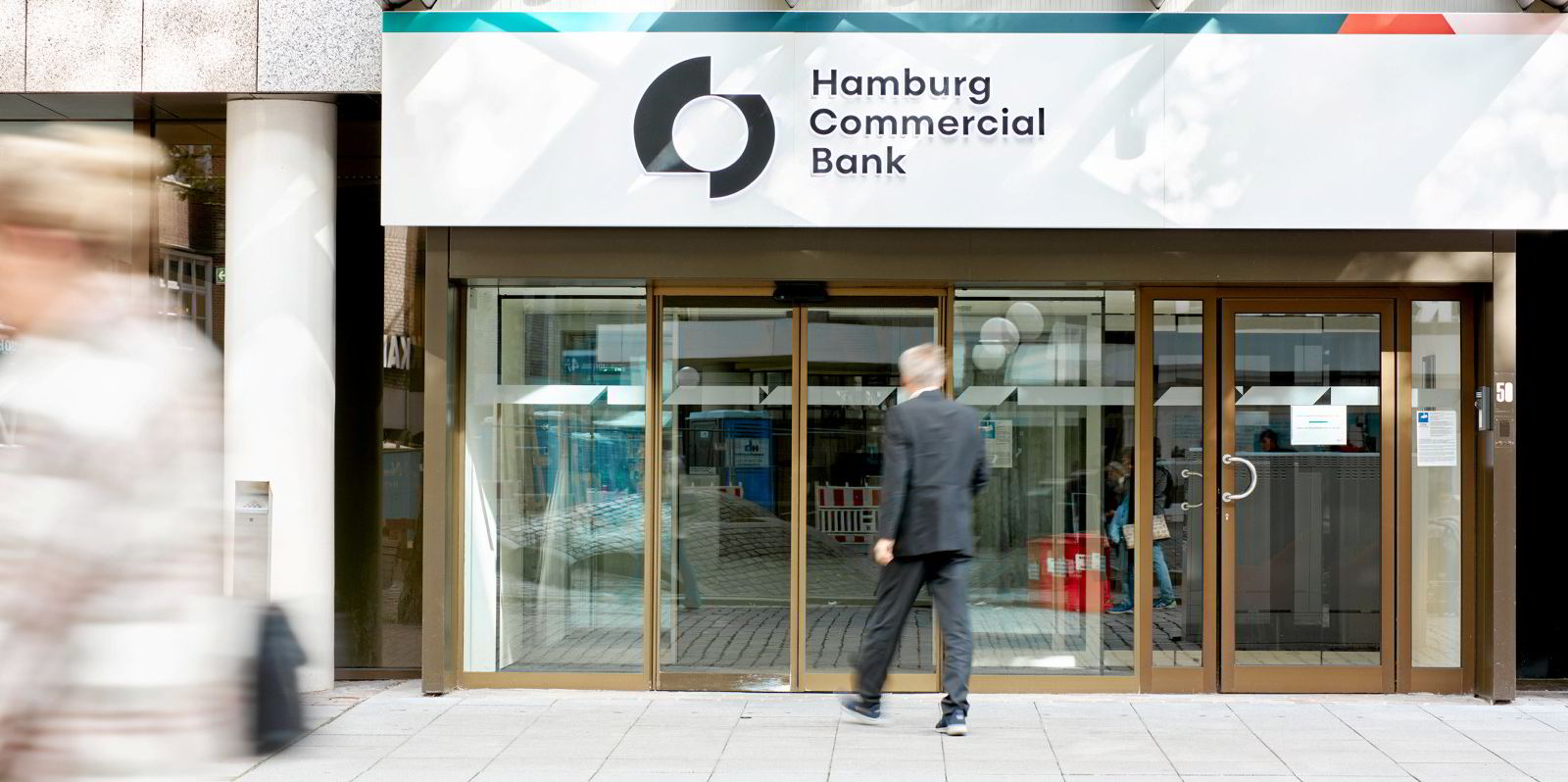German financier MM Warburg closed the financial year with a loss of €34.6m ($37.2m) in a “challenging” market environment.
But the lossmaking private bank said that is shipping division continued to grow and is performing better-than-expected.
The Hamburg-based lender suffered hefty losses in 2022 due to a strategic realignment, which necessitated provisions, write-downs, and impairments.
Geopolitical uncertainties also led to price declines and decrease in capital market activity, it added.
Despite the challenging environment, the shipping business grew at an above-average rate in 2022 and is continuing on course this year.
Sales and earnings for the shipping unit were significantly above targets set for 2022.
Shipping benefitted from particularly strong growth in commission income in foreign payment transactions and associated customer deposits.
Rising interest rates lifted income at an above-average rate.
Double-digit
While exact figures have not been disclosed, earnings contributions from the shipping division co-headed by Christian Speer and Jens Dose were in the double-digit million range, the bank said.
The division attracted many new customers, while strong shipping markets had resulted in “significantly higher liquidity for our clients,” Dose said. “This trend is continuing in the current year,” he added.
“Our risk-averse financing strategy has not led to any impairments in new business in recent years and, together with institutional co-investors, has provided us with good returns from the financing of secondhand ships,” said Speer.
In line with industry trends, Speer conceded that the shipping loan portfolio has “temporarily” shrunk as loans have been repaid early.
But the bank continues to place ship financing for its own books, as well as in the form of private debt with institutional investors.
That enabled the financing volumes available for the shipping industry to be increased significantly, he said.
Transformation
Founded in 1798, MM Warburg is undergoing a difficult transformation and strategic realignment.
Costs are to be cut across the entire bank including a voluntary program resulting in the loss of 50 jobs. Provisions made for the redundancies also affected the annual result.
The bank is disposing of investments that do not fit its strategy, including Warburg Invest in Hanover, W&Z Fintech and MM Warburg & Co Hypothekenbank.
“We have had to make value adjustments to some of the investments that have been sold in the meantime, which have had a negative impact on our business results,” said Stephan Schrameier, board member responsible for the market divisions.
“For 2023, we expect to break even, and in 2024 we want to close with a clear profit,” he said.
While the 2022 business result “is certainly not satisfactory”, it would allow the bank “to fully focus on the transformation process”, added Markus Bolder, member of the Warburg’s management board.
Warburg positive operating result due to the turnaround in interest rates. Net interest income increased by 83.3% year-on-year to €70.8m.
Net fee and commission income, on the other hand, fell by 13.4% compared with the previous fiscal year to €83.5m.







